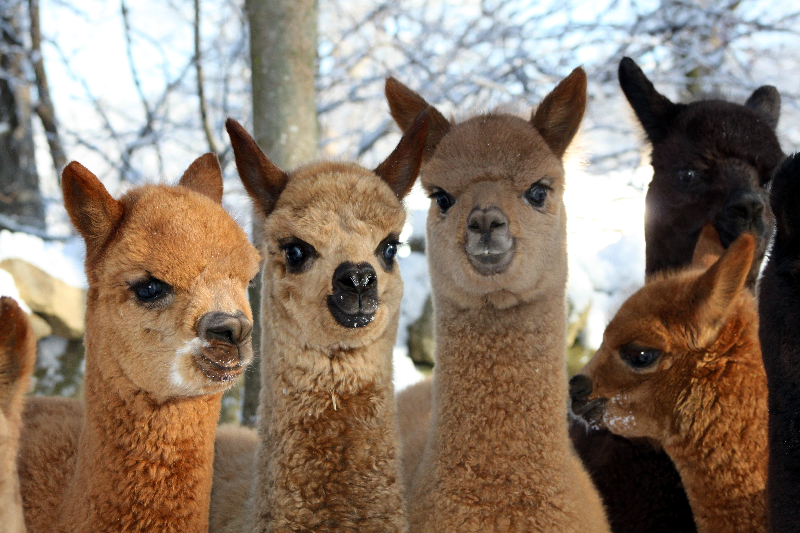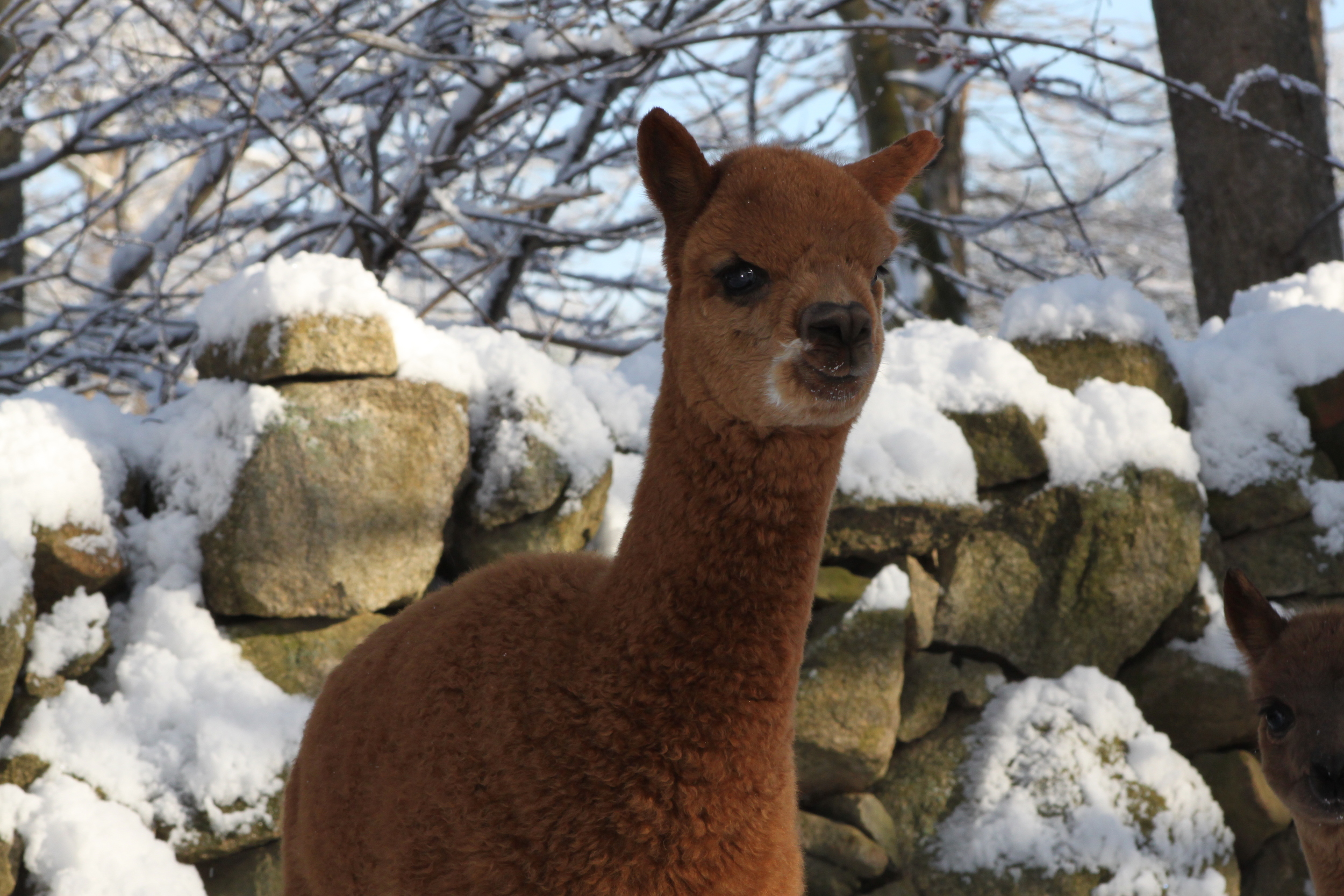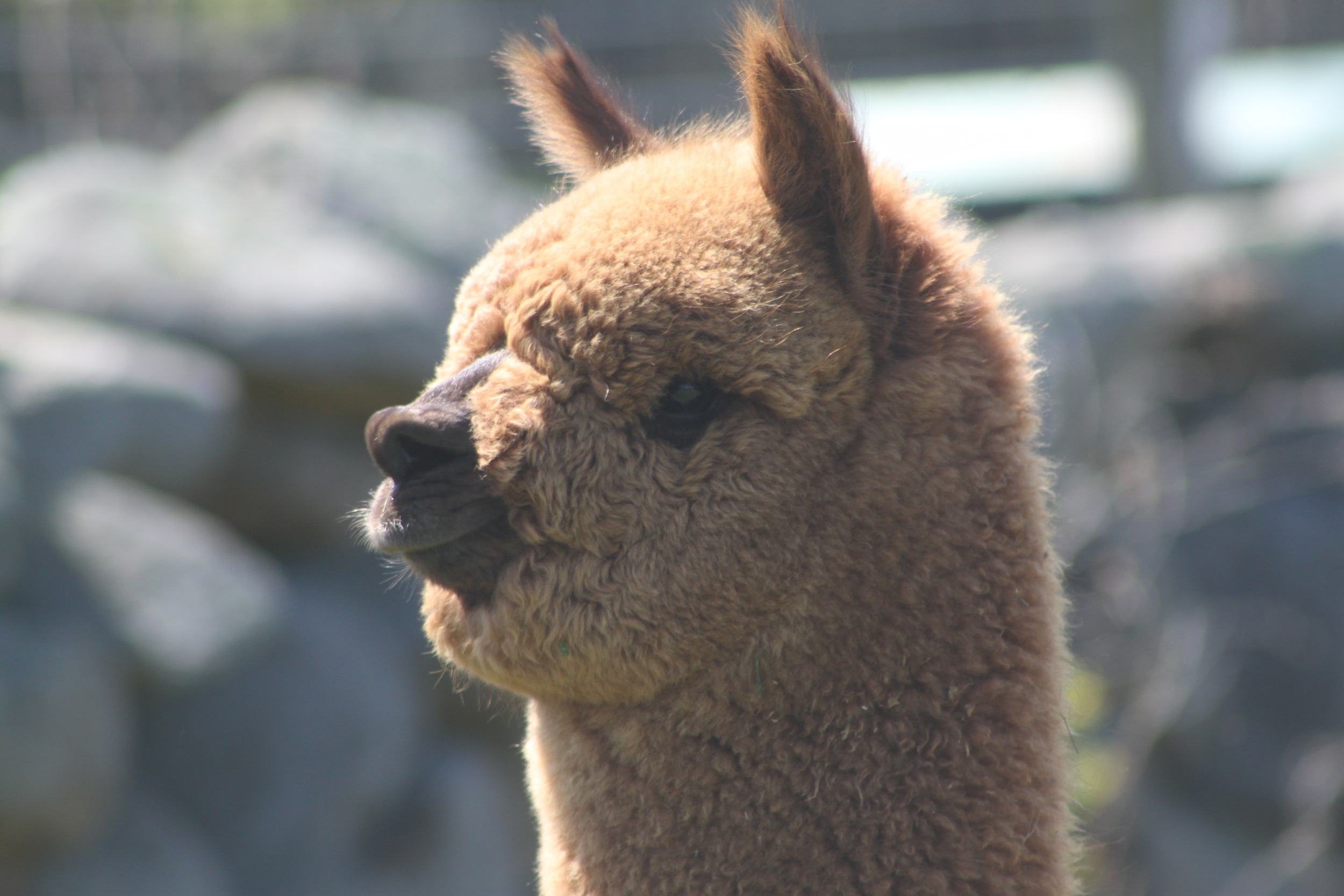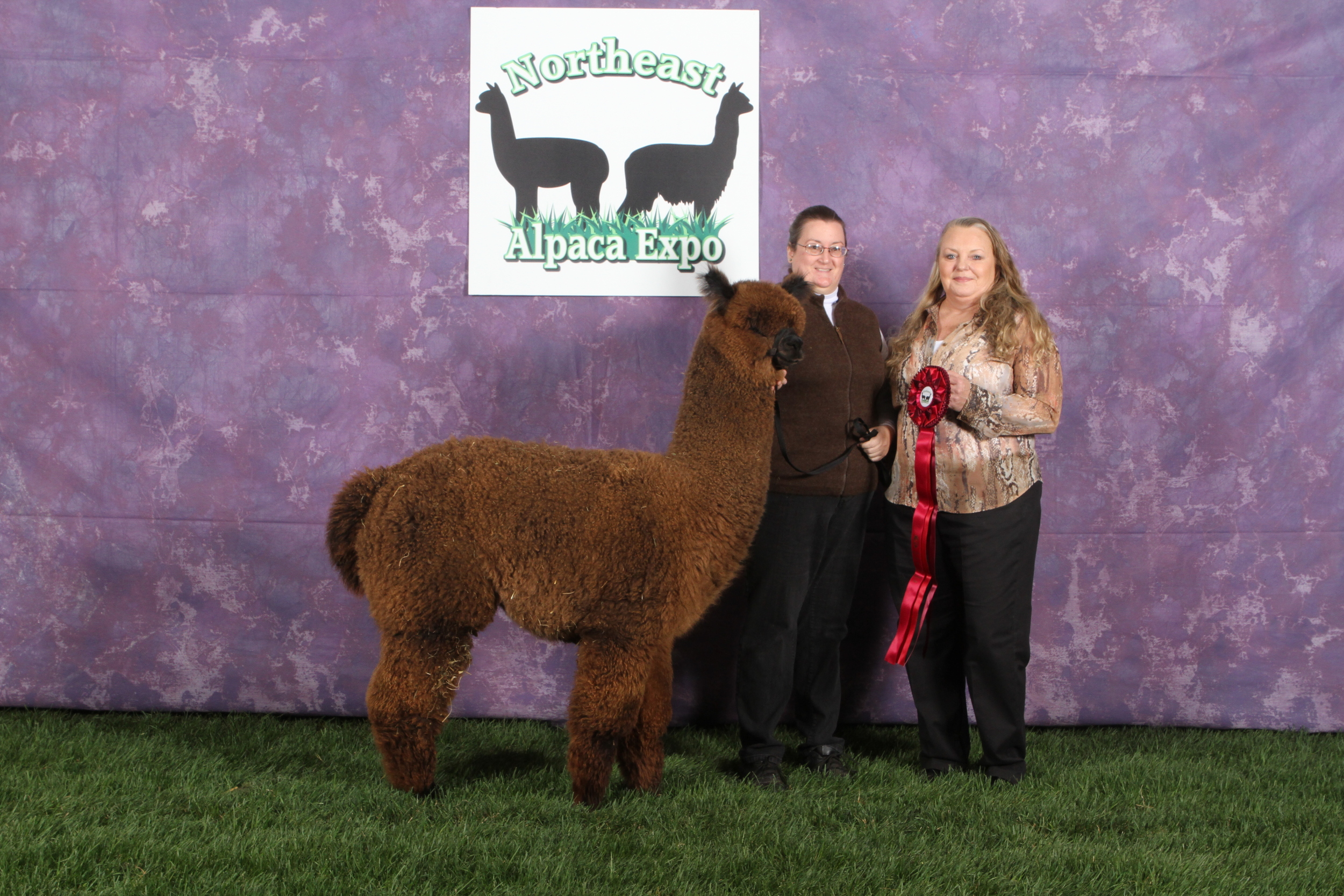What Makes U.S. Alpaca So Wonderful?
Golden Touch Alpaca clothing is produced using natural alpaca fleece, which is similar to sheep's wool - but better. When you put on alpaca, it feels soft and smooth on your skin, not prickly. Yet it's durable, too, ready to be worn again and again without washing and wearing out. Alpaca fleece is hypoallergenic , it doesn't contain lanolin or other oils, so it's less likely to trigger allergic reactions.
And to top it off, all the alpaca fiber we use is Grown here in the United States.
By purchasing our clothing you are supporting Our Farm, our Alpacas, and the U.S. Textile Mills that help us produce our wonderful products!
Golden Touch Naturals Motivators
U.S. Grown, U.S. Made - Its Natural
Our ancestors immigrated from England and Ireland over 150 years ago to work in U.S. Mills with the hope of a better life.
We were raised in a textile community and know first hand the value of pride in quality products.
We believe supporting small farms and U.S. based manufacturers will spur stronger local, regional, and national economic growth and overall well being in our communities.
Alpaca Clothing and Accessories - Its Natural
Natural clothing that is high performance, soft, sustainable and Eco-friendly is our passion. We produce alpaca fiber at our farm, manufacturer clothing with the New England Alpaca Fiber Pool and Sell to our customers through Golden Touch Naturals. We are fully committed to the complete life cycle as we over see every step of the process from birthing the alpaca to shearing to every step of the manufacturing cycle.
What makes Alpaca Fiber so Great?
All Natural + Renewable - Alpaca fiber is an all natural fiber that has been utilized by the Gods and Royalty in South America for over 5,000 years. Many synthetics created in the last century made from petroleum based products are designed to mimic the natural properties of alpaca fiber. By utilizing a natural renewable resource produced by small Alpaca farms across the country, and manufacturing that fiber within the United States, Alpaca is the definition of climate friendly and sustainable.
Moisture Wicking + Temperature Regulating - Alpaca fiber's semi hollow core allows it to transfer moisture away from the skin and into the outer layers of your clothing, letting it evaporate and keeping you more comfortable for longer in damp and cold conditions. This same semi hollow fiber structure traps warm air, acting as a naturally insulator, which keeps you warmer in lighter-weight garments.
Hypoallergenic + Odor Resistant - Alpaca fiber is naturally hypoallergenic because it doesn't contain lanolin, an oil commonly found in sheep's wool that requires harsh chemical detergents to wash out before processing. Alpaca fiber's microscopic scales are also shorter than sheep's wool of the same fineness, resulting in it feeling smoother next to your skin. The smooth surface also gives bacteria and other odor causing agents less places to hide, making alpaca fiber naturally odor resistant and anti-microbial.
Why Made in USA?
Alpacas began being imported into the United States in 1984 and it's fiber was solely processed commercially in Central America, leaving U.S. Alpaca farms with very few viable options to process their herds fiber. It was vital to the industry to begin processing their fiber in the USA, and a little over 15 years ago many farms began banding together and partnering with U.S. mills. Today this has resulted in a mutual beneficial partnership. Alpaca farms are more viable by having a domestic output for their yearly fiber harvests, and U.S. textiles mills have found a new and unique natural fiber to work with and innovate.
As new life is breathed into the U.S. manufacturing base, more high quality jobs are being created and in turn communities are being strengthened across the country.





